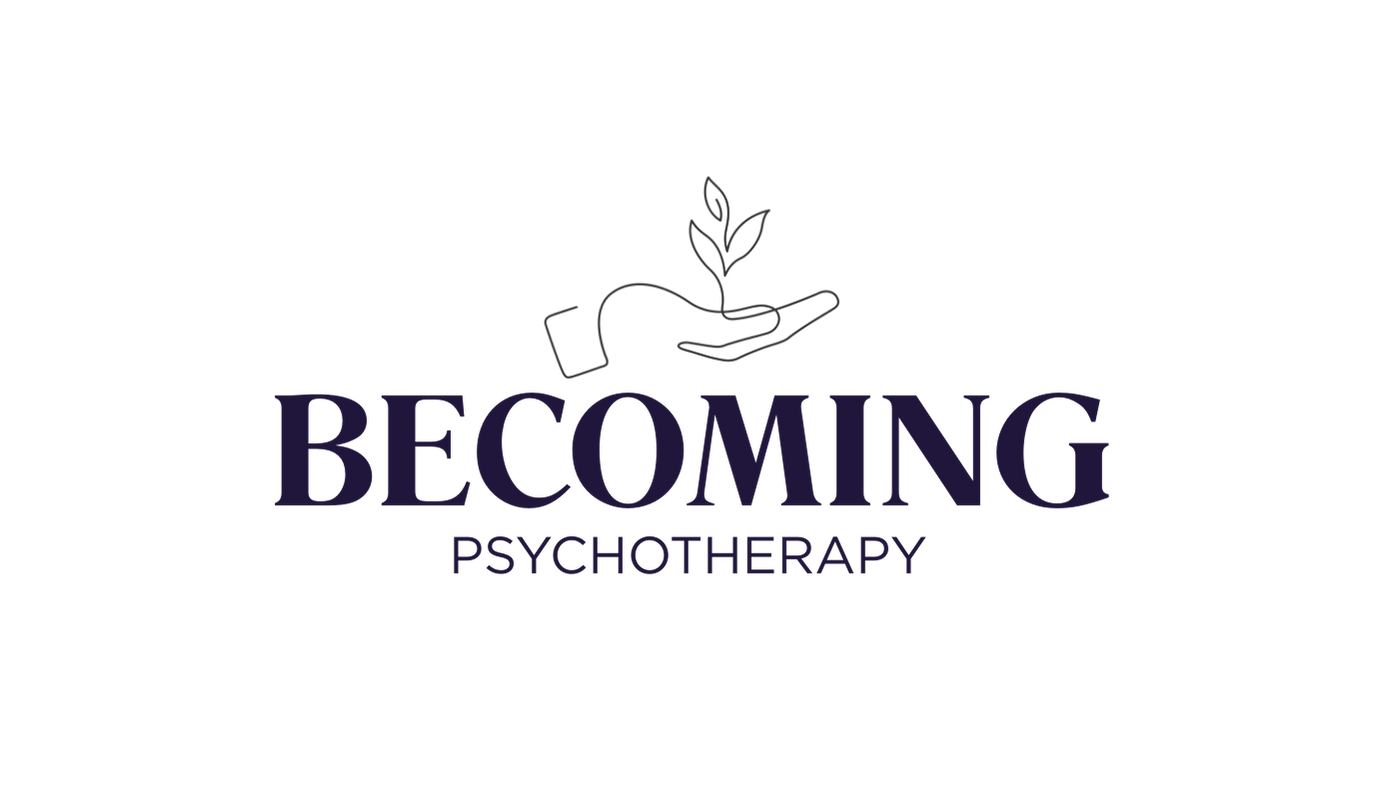
Therapy is a relationship.
A therapeutic relationship can help you:
+ Uncover the root causes of your distress, whether you’re feeling anxious, depressed, or isolated.
+ Learn how you relate to yourself and others.
+ Find insight in a place of warmth and acceptance.
+ Connect and co-create possibilities for deeper belonging and satisfaction.
Sometimes therapy is the first relationship where we find a fully receptive, nurturing space to be our complete selves without judgment. Together, we consider how past and current relationships and experiences impact our well-being.
Why psychodynamic therapy?
Relational, psychodynamic therapy explores the ways our thoughts, feelings, and behaviors, and even our sense of self, shape and are shaped by our relationships, past and present. Often, patterns of the past show up in current relationships and in the therapy relationship.
This is a rich area to explore and experience together, helping you to make sense of these dynamics and to make more conscious choices. The result? You feel seen and validated, more comfortable in your skin, and more at ease in the world.
What to expect…
Therapy is a process — it takes time to build trust and comfort in the relationship.
Therapy is as unique as each person, there is no “one-size-fits-all.” We will focus on your goals and needs, for each session and overall.
Therapy requires a willingness to share aspects of yourself and your emotions. But there is no rush and we will move at your pace.
Therapy relieves pain and distress as you find a place to offload feelings of anxiety, sadness, grief or anger. But it can also feel challenging as you unearth unprocessed feelings of sadness, guilt, anger or disappointment.
Therapy is a safe space to process these deeper feelings and insights, but sometimes change can feel scary or daunting before you experience increased peace and satisfaction.
Therapy works best with active participation. Commitment to a regular, preferably weekly (or even twice weekly) cadence is important, as time and consistency allow deeper feelings and understanding to emerge vs. simply “catching up” on the week’s events. While I don’t utilize formal “homework,” a willingness to contemplate, journal or try out new things outside of session is valuable.
Therapy requires honest feedback. If you are feeling anything at all related to the therapy process or our relationship — thoughts, reactions, questions, concerns, or even vague feelings of fear, malaise, or stuckness — I hope you will share so we can process it together. These are incredible opportunities for growth and self-discovery.
